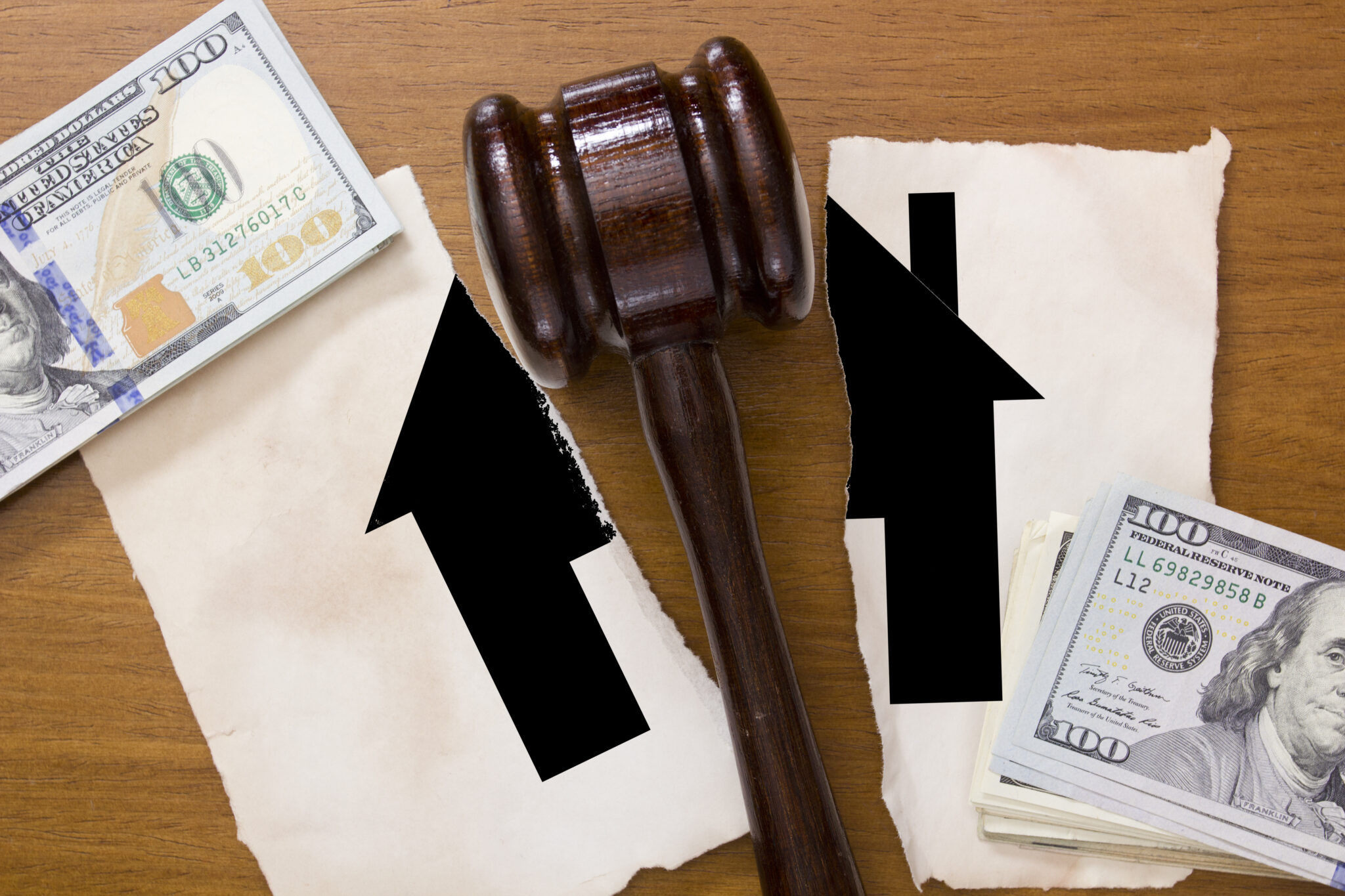
Divorce, while emotionally challenging, can also pose a significant financial burden. The costs associated with the legal process, deciding child custody, and the division of assets can quickly escalate, leaving spouses grappling with both emotional and financial distress. Understanding the factors contributing to an expensive divorce is crucial for anyone contemplating or going through this challenging life event. In this blog, we will explore the key elements that drive up the costs of a divorce and offer insights into how individuals can navigate this complex terrain with greater financial ease.
Let’s first address the elephant in the room: legal fees can escalate. Hiring a divorce attorney with the experience and knowledge to succeed can seriously dent your wallet. Most divorce attorneys charge by the hour. If you can resolve your case amicably, your total fees will reflect that. If you and your spouse disagree about everything, the fees will escalate. Sometimes attorneys offer a flat fee, but make no mistake: either the flat fee will consider the anticipated amount of work, or you will get what you pay.
Next, let’s move on to discuss what makes a divorce expensive. Five main areas make a divorce expensive:
- Calling or Meeting with your Attorney Frequently.
- Inability to Settle Your Disputes.
- Not knowing Your and Your Spouse’s Assets and Debts.
- Experts.
- Trials.
Frequently Calling or Meeting With Your Attorney.
We mentioned it already. Most attorneys charge you by the hour, so you are charged for your phone calls and meetings. If you have a great attorney, you will work with your attorney as a team. You work towards the best results possible, requiring teamwork, including phone calls and meetings. But it’s easy for these calls to escalate your total fees, and it’s an area where you can save on fees.
Before you pick up that phone, consider whether this problem should be addressed by a therapist. Therapists or life coaches are excellent sources to help you de-escalate disputes with your ex. Your therapist’s hourly rate tends to be lower, and s/he has more experience in addressing interpersonal issues.
Before you pick up that phone, can you combine several concerns in one phone call? Instead of calling your attorney thrice weekly with minor questions, can you call once and ask all questions? Write down your questions before the call, ensuring you are prepared to get all questions answered.
And lastly, before you pick up that phone, check with your attorney if you can email your questions. Email is an excellent vehicle for writing and rewriting your question to relay your issue(s) logically and clearly. Likewise, your attorney will respond to the point. Emails avoid the chit-chat that happens during calls and prevent them from going off course during the conversation.
Fees Escalate Quickly When You Are Unable to Settle Your Dispute.
If you can have a civil conversation and discuss with your spouse which assets and debts need to be divided and how you will share the parenting time of your children, the cost of your divorce will be much lower than if you are required to go to court on multiple occasions. The fees for court appearances quickly increase the overall cost of the divorce. Your attorney will need to draft pleadings before each hearing, review pleadings, prepare for the hearing, attend the hearing, and often afterward draft or review the court order. Contentious divorces often require multiple hearings, which quickly adds to the total cost of your divorce.
Not Knowing Your Assets and Debts.
Dividing marital assets is a crucial aspect of any divorce and can become a major financial burden. To divide the assets and debts, you and your attorney will need to know which assets or debts you own, your spouse owns, or which ones you own together. In addition, you will need to know and agree to the value of each of these assets and debts. If you do not know this information, your attorney will have to perform discovery to find out this information. If a spouse has hidden assets, you will need to go through a time-consuming process of uncovering the hidden assets through discovery or trace financial transactions, which again can significantly inflate the overall cost of a divorce. Discovery takes a lot of time, sometimes requires one or more hearings, and your attorney fees quickly escalate throughout this process.
Experts
Valuing assets, especially complex ones like businesses, real estate, or investments, often requires the assistance of financial experts, appraisers, and accountants. Likewise, if you are embroiled in an extensive child custody dispute, an expert can provide expert testimony why it is best for the judge to order your requested relief. The expert’s opinion and report can really bolster your case, and ultimately hiring an expert will be beneficial, but expert fees are usually quite expensive.
Trials
Trials are expensive. To present your case to the judge takes a lot of time. Often trials take one or more days, and your attorney will need a lot of time to prepare to present the facts and exhibits in the most favorable way. By the time you go to trial, you will likely have been litigating your case for quite some time, and you will have spent quite a bit of money on discovery, (failed) settlement negotiations, and possibly multiple hearings. Often spouses want to go to trial, hoping that the judge’s ruling will allow them to close that chapter in their lives.
If you are faced with a divorce trial, make sure that your chances of success are significant. Evaluate if your dispute is of sufficient value to proceed to trial. If you are not sure about these factors, obtain a second opinion from an experienced divorce attorney. Not all divorce attorneys have trial experience. If you have questions, give us a call at 616-285-0808 for a no-obligation consultation.
